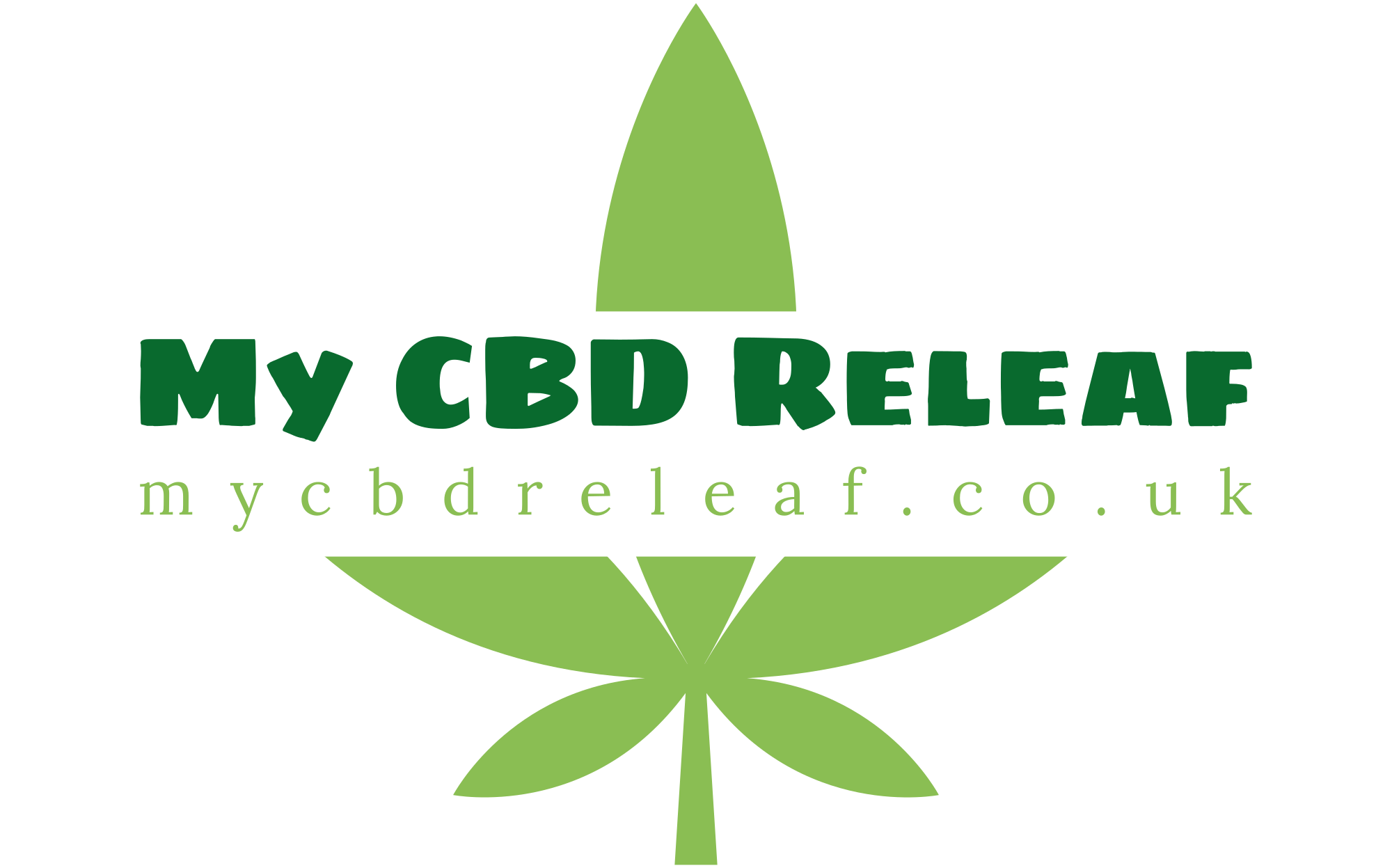Acne Treatment Options In West Molesey, Surrey
Dermatologists in West Molesey
If you’re struggling with acne in West Molesey, Surrey, know that you’re not alone. Dermatologists in the area offer a range of treatment options tailored to individual needs, from topical creams and oral medications to advanced procedures.
Acne Specialist Doctors
Acne can be frustrating and impact your confidence. Luckily, West Molesey has several dermatologists specializing in acne treatment. These experts can assess your specific type of acne and recommend the most effective approach. Options might include topical creams containing benzoyl peroxide or retinoids to unclog pores and reduce inflammation.
For more severe cases, oral medications like antibiotics or hormonal therapies may be prescribed. Advanced procedures such as chemical peels, laser therapy, or microdermabrasion can also be considered for stubborn acne.
Don’t hesitate to consult with a dermatologist in West Molesey to discuss your concerns and explore the best treatment options for clear, healthy skin.
Recommended Clinics
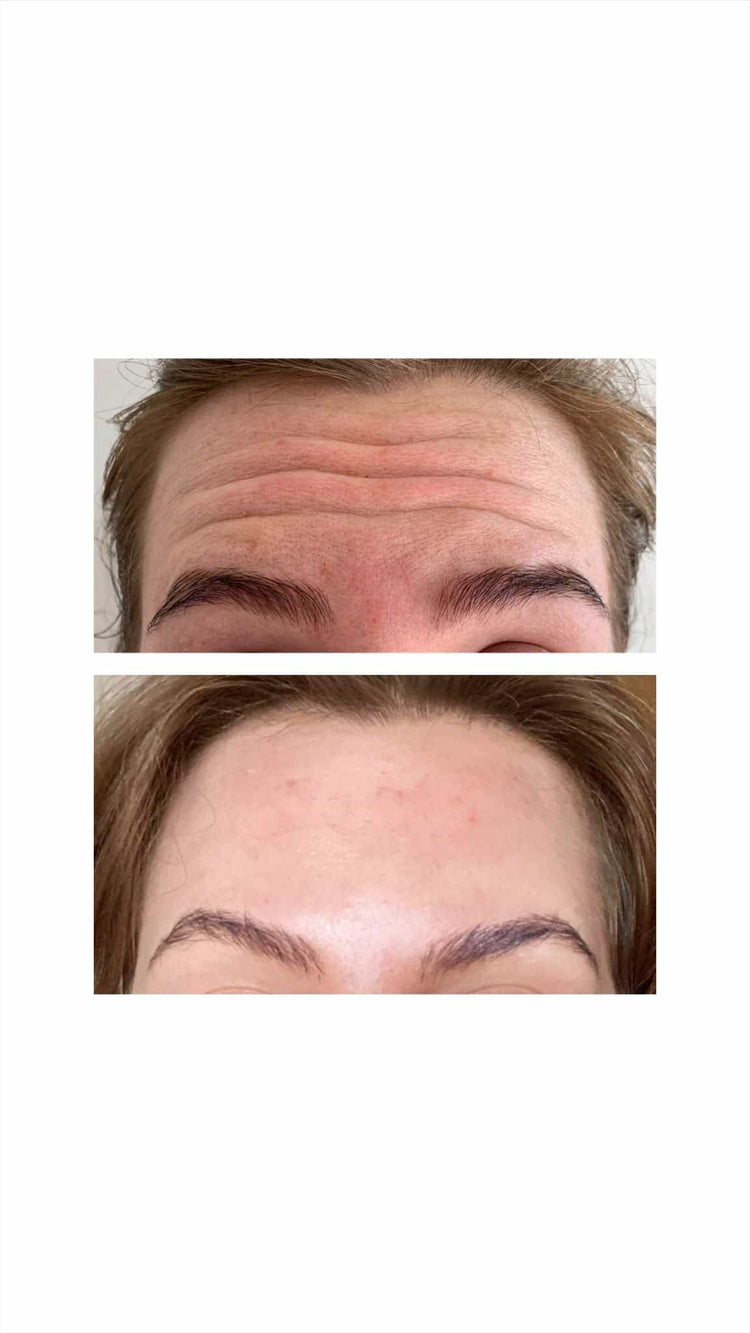
When choosing a clinic in West Molesey, consider factors like experience, patient reviews, and the range of treatments offered. Some clinics may specialize in acne treatment, while others provide a broader range of dermatological services.
Researching online or asking for recommendations from friends or family can help you find a reputable clinic that meets your needs.
Remember, finding the right dermatologist and treatment plan is essential for effectively managing acne and achieving clear skin.
Over-the-Counter Treatments
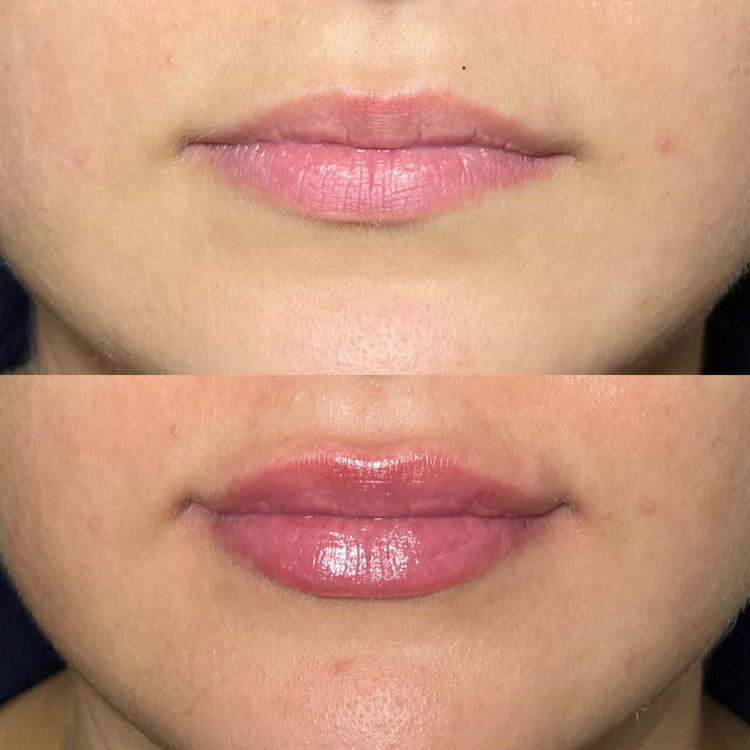
Over-the-counter treatments offer a readily available option for addressing mild to moderate acne. These products, found in most drugstores, often contain ingredients like salicylic acid or benzoyl peroxide which work to unclog pores, reduce inflammation, and prevent future breakouts.
Topical Creams and Gels
Topical creams and gels are another common treatment choice for acne. These formulations are applied directly to the skin and can contain active ingredients such as benzoyl peroxide, retinoids, or salicylic acid. Benzoyl peroxide kills acne-causing bacteria, while retinoids help regulate skin cell turnover and unclog pores. Salicylic acid exfoliates the skin, removing dead cells and preventing clogged pores.
Many topical treatments come in different strengths to suit individual needs. It’s important to start with a low concentration and gradually increase it as tolerated. Always follow the instructions on the product label and consult a dermatologist if you experience any irritation or side effects.
Oral Medications
Oral medications can be prescribed by a dermatologist for more severe acne cases that haven’t responded to topical treatments. Antibiotics, such as doxycycline or minocycline, help reduce inflammation and fight bacteria contributing to acne. Hormonal therapies, like oral contraceptives or spironolactone, may be recommended for individuals with hormonal acne. These medications work by regulating hormone levels that can trigger breakouts.
Prescription Acne Medications
Prescription acne medications offer a more potent approach to tackling persistent breakouts.
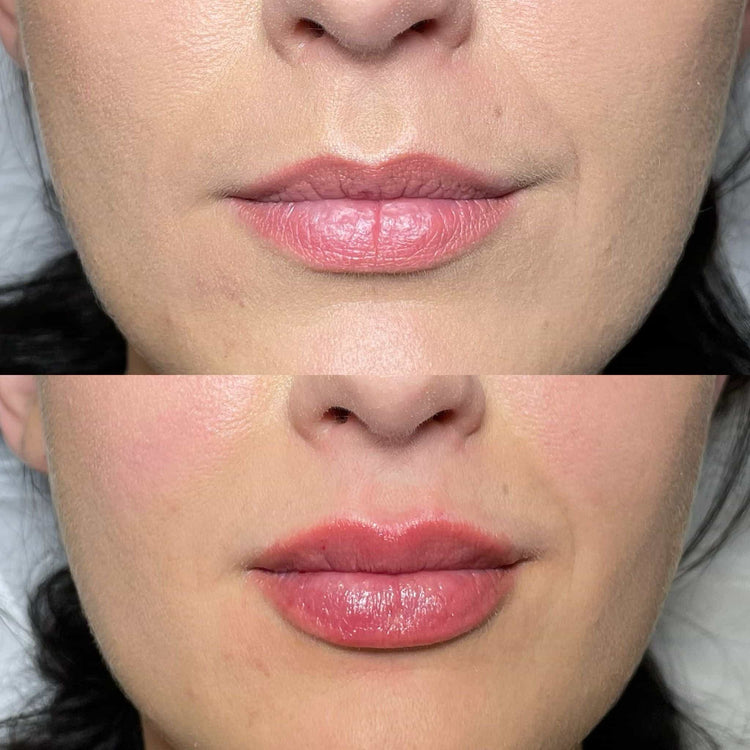
Isotretinoin (Accutane)
One prescription medication commonly used for severe acne is Isotretinoin (Accutane). This powerful drug, taken orally, works by reducing the production of oil in the skin and shrinking oil glands. It can be highly effective in treating cystic acne and other forms of acne that haven’t responded to other treatments.
However, Isotretinoin is a strong medication with potential side effects, including dry skin, chapped lips, and increased sensitivity to sunlight. It also carries the risk of birth defects if taken during pregnancy, making strict contraceptive measures essential for women of childbearing age.
Due to its potent nature, Isotretinoin is typically reserved for severe acne cases after other treatments have been unsuccessful. A dermatologist will carefully evaluate your individual situation, potential risks, and benefits before prescribing this medication.
Antibiotics
Prescription antibiotics are frequently used in the treatment of acne. They work by targeting the bacteria that contribute to breakouts. Common oral antibiotics prescribed for acne include doxycycline and minocycline.
It’s important to note that antibiotic resistance can develop if these medications are misused or overused. Therefore, it is crucial to follow your dermatologist’s instructions carefully and complete the full course of treatment as prescribed.
Retinoids
Retinoids are a class of vitamin A derivatives that have proven effective in treating acne.
These medications work by increasing skin cell turnover, unclogging pores, and reducing inflammation.
Retinoids can be found both over-the-counter and in prescription strengths.
Prescription retinoids, such as tretinoin (Retin-A) or adapalene (Differin), are generally more potent than over-the-counter options.
Cosmetic Procedures for Acne Scars
Acne scars can be a lasting reminder of past breakouts, impacting self-esteem and confidence. Fortunately, advancements in dermatology offer effective solutions for treating these marks and restoring smoother skin.
Microneedling
Microneedling is a minimally invasive procedure that involves using tiny needles to create controlled punctures in the skin. This stimulates collagen production, which can help improve the appearance of acne scars by filling them in and reducing their prominence.
During a microneedling treatment, a device with multiple fine needles is gently rolled or stamped across the affected areas. The tiny punctures create micro-injuries that trigger the skin’s natural healing process. As the skin repairs itself, it produces new collagen and elastin, leading to smoother, firmer, and more even skin texture.
Chemical Peels
Chemical peels are another popular option for acne scar treatment. During a chemical peel, a solution is applied to the skin that causes the outer layers to exfoliate, revealing fresher, healthier skin underneath.
There are different types of chemical peels, ranging in strength from mild to deep. Superficial peels use alpha-hydroxy acids (AHAs) like glycolic acid or lactic acid to address superficial scarring and improve skin texture. Medium-depth peels incorporate trichloroacetic acid (TCA) and can target deeper scars and pigmentation issues.
Deep chemical peels involve phenol and are typically reserved for severe scarring as they penetrate the deepest layers of the skin.
Laser Resurfacing
Cosmetic procedures can significantly improve the appearance of acne scars. Laser resurfacing is one such procedure that uses concentrated beams of light to remove the outer layers of damaged skin, revealing smoother, scar-free skin beneath.
Different types of lasers are used for acne scar treatment, including ablative and non-ablative lasers. Ablative lasers vaporize the top layers of skin, promoting collagen production and reducing the depth of scars. Non-ablative lasers heat the deeper layers of skin, stimulating collagen remodeling without removing the outermost layer.
Multiple treatment sessions are often required to achieve optimal results with laser resurfacing. Recovery time varies depending on the type of laser used and the severity of scarring.
Lifestyle Changes for Acne Management
Lifestyle changes play a crucial role in managing acne. While medical treatments can be effective, adopting healthy habits can significantly contribute to clearer skin.
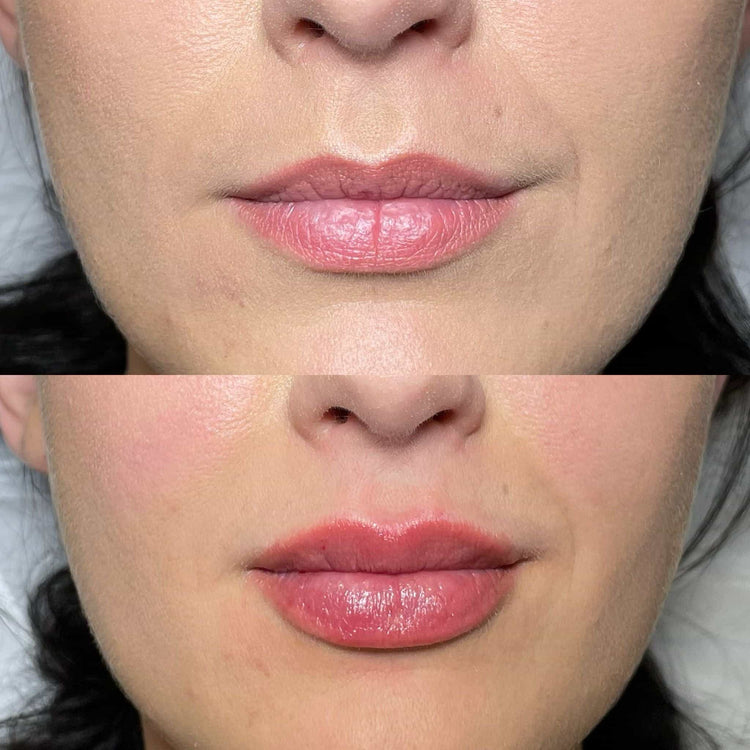
Skincare Routine
Maintaining a consistent skincare routine is essential for managing acne. Begin by cleansing your face twice daily with a gentle cleanser formulated for acne-prone skin. Look for products that contain salicylic acid or benzoyl peroxide to help unclog pores and fight bacteria.
Following cleansing, apply a toner to balance the skin’s pH level. A toner containing witch hazel or tea tree oil can have antibacterial properties that may help reduce breakouts. After toning, apply a lightweight moisturizer to hydrate your skin without clogging pores.
Incorporating exfoliation into your routine 1-2 times per week can remove dead skin cells and prevent clogged pores. Choose a gentle scrub or chemical exfoliant containing salicylic acid or glycolic acid.
It’s important to choose makeup products that are non-comedogenic, meaning they won’t clog pores. Apply sunscreen daily with an SPF of 30 or higher to protect your skin from sun damage, which can worsen acne and scarring.
Diet plays a role in overall health and may influence acne severity.
Some individuals find that reducing their intake of sugary foods, processed carbohydrates, and dairy products helps improve their acne.
Staying hydrated by drinking plenty of water is essential for healthy skin.
Diet and Nutrition
Lifestyle changes can make a significant difference in managing acne.
One key aspect is maintaining a consistent skincare routine. Cleanse your face twice daily with a gentle cleanser designed for acne-prone skin, opting for products containing salicylic acid or benzoyl peroxide to combat bacteria and unclog pores.
Follow cleansing with a toner to balance your skin’s pH level. Consider using toners enriched with witch hazel or tea tree oil, known for their antibacterial properties. Apply a lightweight moisturizer to hydrate without clogging pores. Exfoliate 1-2 times per week using a gentle scrub or chemical exfoliant containing salicylic acid or glycolic acid to remove dead skin cells and prevent breakouts.
Another important factor is diet. While individual responses may vary, some people notice improvement in their acne by reducing their intake of sugary foods, processed carbohydrates, and dairy products.
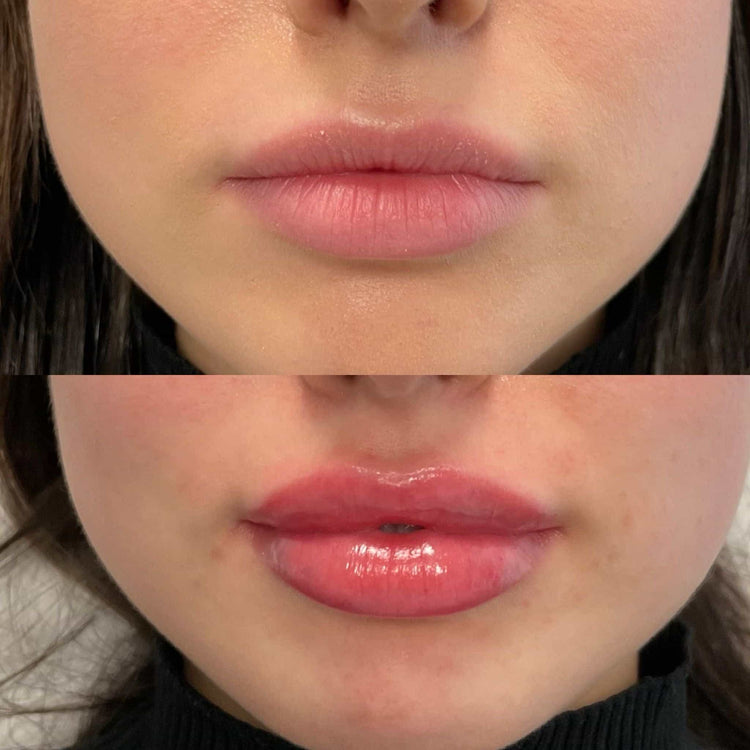
Staying hydrated by drinking plenty of water is also crucial for overall skin health.
Stress Management
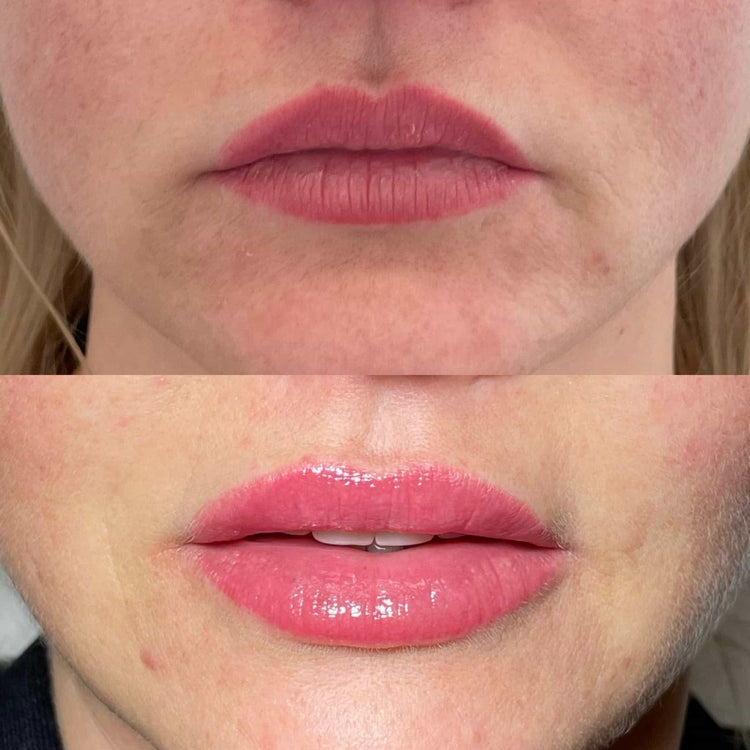
Acne can significantly impact your self-esteem and confidence. If you’re struggling with breakouts in West Molesey, Surrey, know that you’re not alone. Fortunately, several dermatologists specializing in acne treatment offer a range of options tailored to individual needs.
- Topical creams containing benzoyl peroxide or retinoids can help unclog pores and reduce inflammation for mild to moderate cases.
- Oral medications like antibiotics or hormonal therapies may be prescribed for more severe cases.
- Advanced procedures, such as chemical peels, laser therapy, or microdermabrasion, can also be effective in treating stubborn acne.
It’s important to consult with a dermatologist in West Molesey to discuss your specific concerns and explore the best treatment plan for you. When choosing a clinic, consider factors like experience, patient reviews, and the range of treatments offered.
Managing acne extends beyond dermatological treatments; lifestyle changes can significantly contribute to clearer skin.
- Maintain a consistent skincare routine: Cleanse twice daily with a gentle cleanser formulated for acne-prone skin. Exfoliate 1-2 times weekly and always apply sunscreen with SPF 30 or higher.
- Diet plays a role: Reducing sugary foods, processed carbohydrates, and dairy may benefit some individuals.
- Hydration is key: Drink plenty of water throughout the day.
Stress management is another important factor in managing acne. When stressed, hormone levels can fluctuate, potentially leading to increased oil production and breakouts. Incorporate stress-reducing activities like exercise, yoga, or meditation into your routine. Getting enough sleep is also crucial for hormonal balance and overall skin health.
Schedule your lip filler consultation with Dr. Laura Geige at It’s Me & You Clinic today
- Why Are My Nasolabial Lines So Deep? - November 17, 2025
- What Is The 20 Minute Permanent Facelift? - November 14, 2025
- Weed-Infused Iced Tea You Have To Try - November 11, 2025
